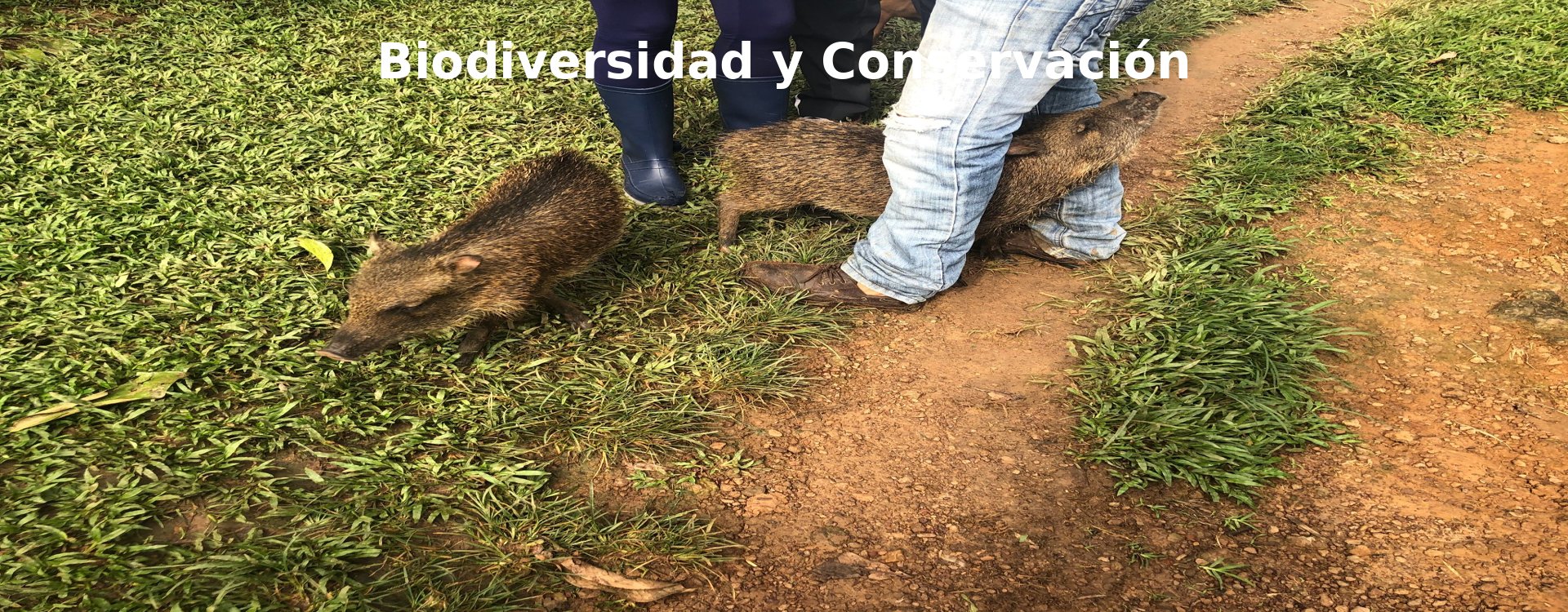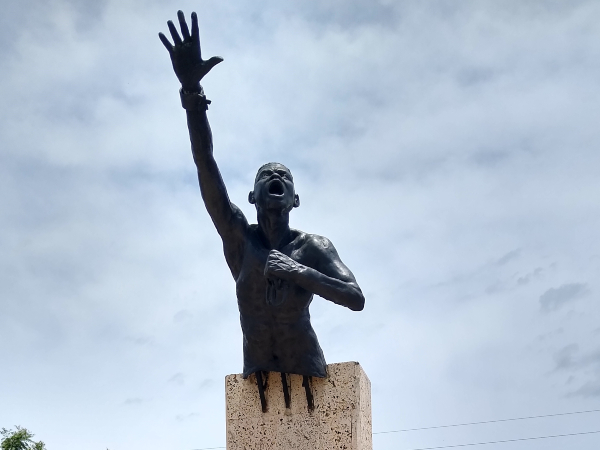The Dark Business of Wildlife Trafficking in Colombia: The Case of the Hidden Monkeys
In May 2025, Colombian authorities made a shocking seizure at José María Córdova International Airport (Antioquia): a couple from Costa Rica attempted to smuggle six baby monkeys out of the country by hiding them in their intimate areas. The animals, including red-handed tamarins and white-faced capuchins (both critically endangered), were sedated and hidden in cloth bags inside the suspects’ underwear.
The case sparked outrage not only due to the inhumane treatment of the animals—two of which died from the stress of transport—but also for revealing the scope of wildlife trafficking, a direct threat to Colombia’s biodiversity.
Why Are These Monkeys Trafficked?
These small, charismatic, and highly vulnerable primates fall victim to the illegal trade for several reasons:
⚪Exotic pets: They are sold as “adorable companions” when young, but become unmanageable as they grow. Many are eventually abandoned.
⚪Illegal exhibitions: Some are sent to underground circuses, private zoos, or tourist attractions where they are used for entertainment.
⚪Black markets: International criminal networks trade wildlife as if it were a commercial product.
⚪Scientific experimentation: Though less common with these species, some primates are used in unregulated research.
⚪Ritual or traditional use: In some countries, monkey parts are used as charms or in supposed traditional medicine.
What Does the Law Say and How Can You Report It?
In Colombia, wildlife trafficking is a criminal and environmental offense. If you know of a case involving trafficking or illegal possession of wild species, you can report it through the following channels:
National Police: Dial 123 and request the Environmental Protection Unit.
Attorney General’s Office: Go to www.fiscalia.gov.co and click the “Denuncie aquí” button.
Regional Environmental Authorities (CAR): Contact the environmental authority in your region (e.g., Cornare or CVC).
You can also use apps like Policía Virtual or write to the official email addresses of your local CAR.
What Frontera Travel Believes
As an agency committed to responsible tourism, Frontera Travel rejects any form of animal abuse or trafficking. We work with communities and destinations that protect wildlife and promote authentic, ethical experiences.
If you’re traveling to nature-rich destinations, get informed, support community-based tourism, and never participate in activities involving animals in captivity.
Protecting wildlife is protecting the planet’s future.
The Importance of Preserving Our Biodiversity
Every species—even the smallest ones like tamarins or capuchins—plays a vital role in its ecosystem. Biodiversity loss disrupts natural balance and can have serious impacts on environmental health, food security, and climate resilience. As one of the most megadiverse countries on Earth, Colombia has both the responsibility and the opportunity to lead in conservation.
As travelers, we must be part of the solution:
🟢Do not buy wild animals, even if they appear domesticated.
🟢Do not take photos with animals in captivity.
🟢Do not support tourist attractions that use animals for entertainment.
🟢Always choose tour operators committed to conservation and nature respect.
🟢Remember, conscious tourism can be a powerful tool to protect, not destroy.
🟢Do not consume, share, or like social media content that shows wild animals outside their habitat or used as entertainment. Every click fuels a chain of exploitation.






